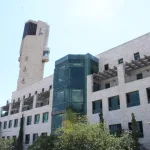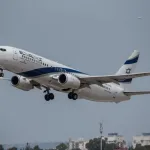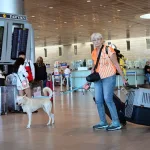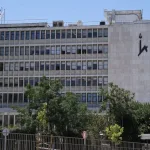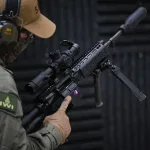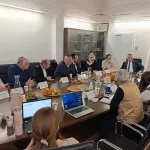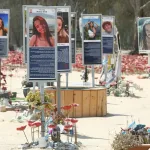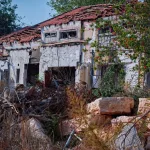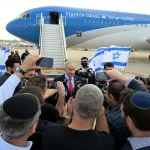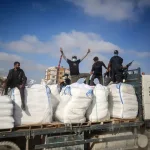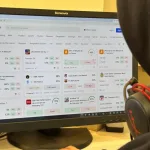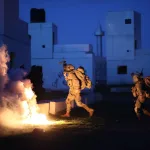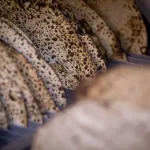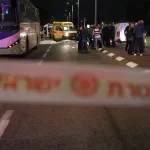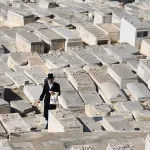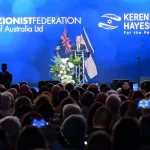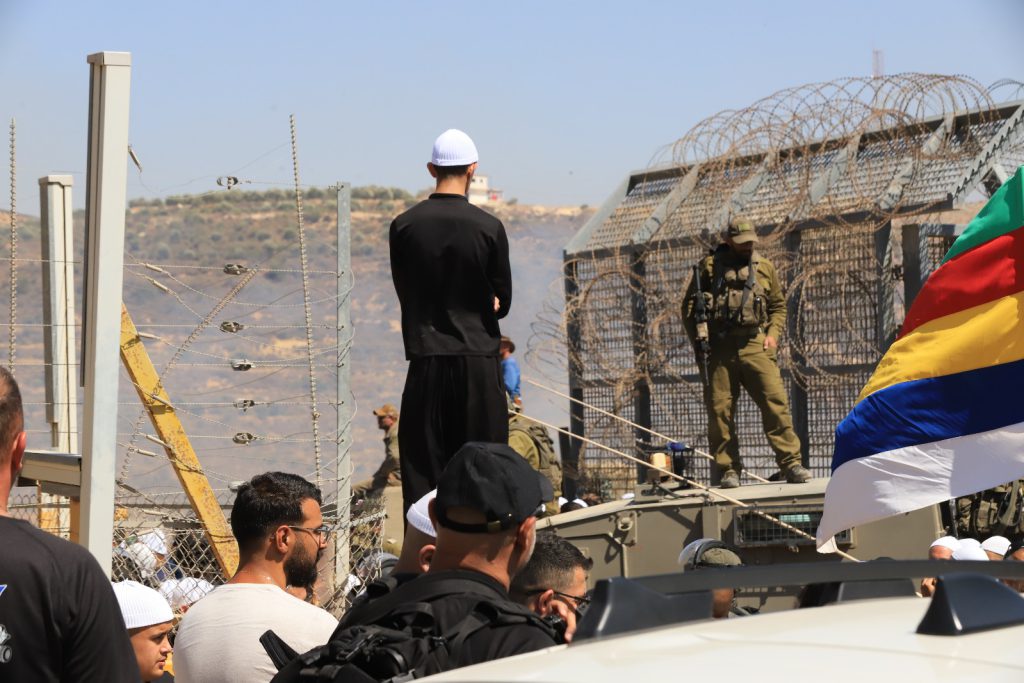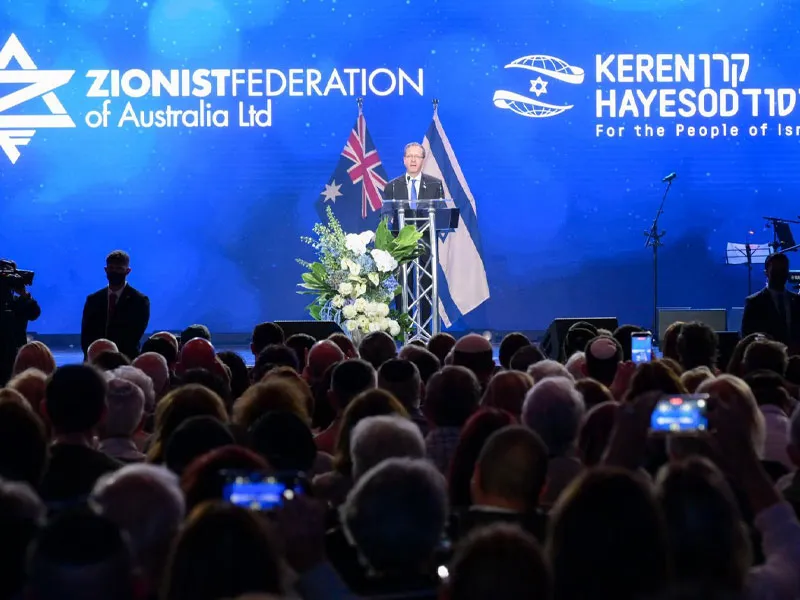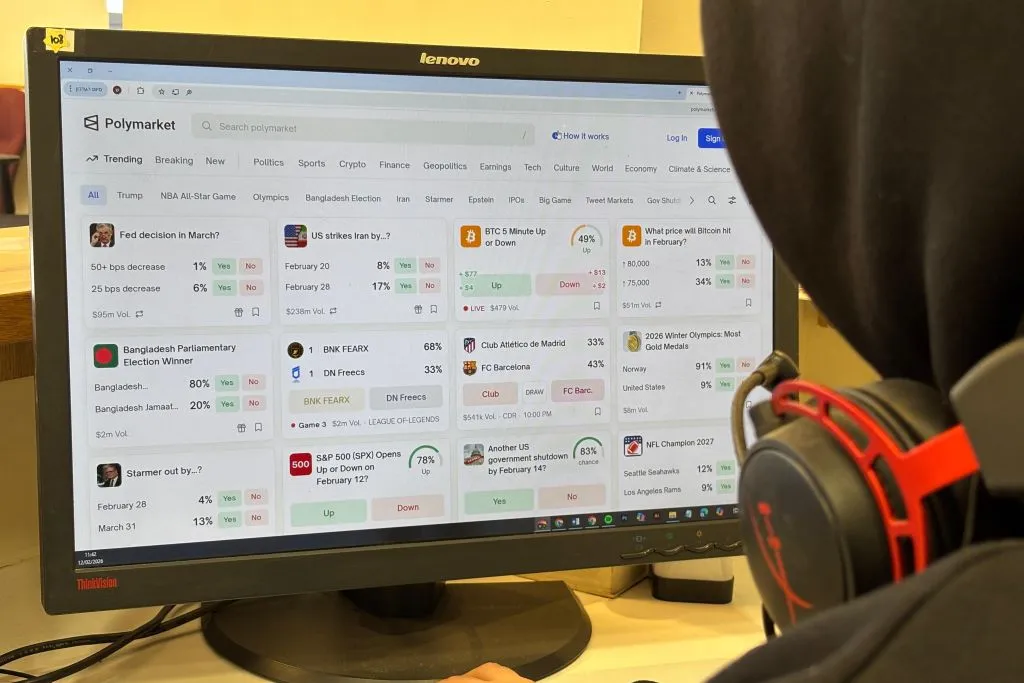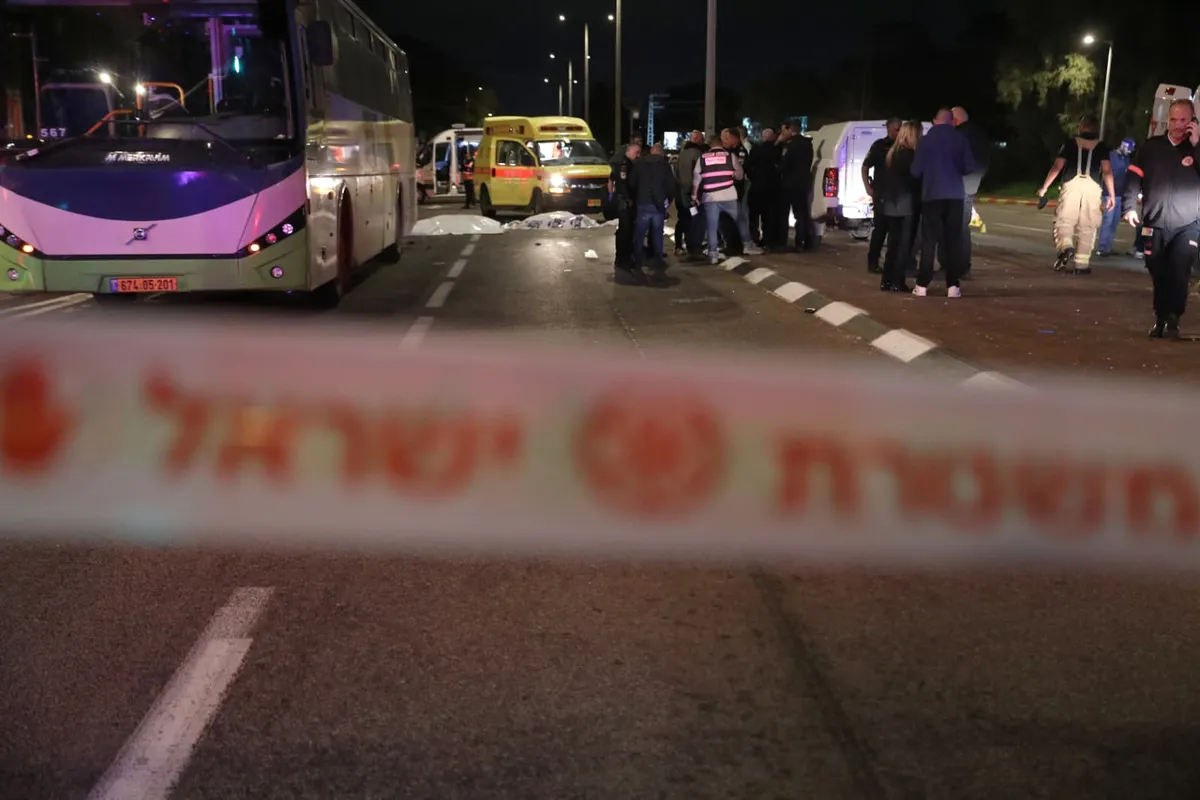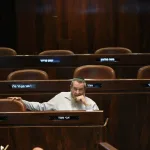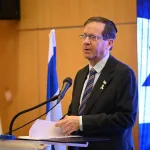Jerusalem, 16 July, 2025 (TPS-IL) — Israel’s military and diplomatic leadership issued strong responses Wednesday to escalating violence against Druze civilians in southern Syria, with Chief of Staff Lt. Gen. Eyal Zamir ordering reinforcements and Foreign Minister Gideon Sa’ar denouncing international silence in the face of what he called “massacres and pogroms.” The Druze community is roiled by the ethnic clashes in the Syrian area of Suweida between their brethren and Sunni Bedouins.
At least 248 people have been killed in several days of clashes. Government forces loyal to interim President Ahmad al-Sharaa have sided with the Sunni Bedouins.
Following overnight strikes on Syrian regime targets, Zamir directed the deployment of additional forces and attack capabilities to the Israel Defense Forces’ Northern Command. “The IDF is committed to the deep alliance with our Druze brothers and in doing so is attacking targets throughout Syria in order to protect them in the as-Suwayda area, the Druze Mountains, and wherever needed,” he said.
Forces securing the border are to be reinforced as dozens of Israeli Druze breached the border to help their Syrian brethren. Such actions “endanger the Druze and our forces and must be stopped immediately,” Zamir said.
Prime Minister Benjamin Netanyahu also appealed to the Druze for calm in a video message.
“You are risking your lives; you can be murdered, you can be kidnapped and you are harming the efforts of the IDF. Therefore, I ask you – return to your homes, let the IDF operate,” Netanyahu said.
Netanyahu’s corruption trial in Tel Aviv was cut short on Wednesday by the border situation.
International Silence
Meanwhile, Foreign Minister Sa’ar sharply criticized the global community’s muted response to Suweida.
“We are seeing a recurring phenomenon of persecution of minorities, to the point of massacres and pogroms,” said Sa’ar. “Sometimes it’s carried out by regime forces, sometimes by jihadist militias — and usually it’s both.”
Referring to recent footage from southern Syria, Sa’ar said, “We are seeing extremely disturbing images — the murder and humiliation of civilians. And I ask: What else has to happen for the international community to speak out?”
He emphasized Israel’s objectives in Syria as “known, limited, and clear,” including preserving border stability and preventing harm to the Druze, “with whom we have a strong and close bond.”
Sheikh Mowafaq Tarif, the spiritual leader of Israel’s Druze community, accused the Israeli government and military of failing to uphold their commitments to protect Druze civilians across the border. “Innocent civilians – women, children and the elderly – are being murdered in cold blood,” Tarif said. “This is not a clash between Druze and Bedouins — it’s between the Druze and ISIS.”
Said Tarif, “Silence and standing by are no longer possible. If decisive action is not taken, the crisis between us and the State of Israel will deepen in a dangerous and unprecedented manner.” He urged demonstrators to avoid blocking roads, but said protests would continue as long as the bloodshed does.
The demonstrations came hours after the Israel Defense Forces said it had struck Syrian military vehicles approaching Suweida. According to the IDF, the airstrikes targeted armored personnel carriers, tanks, and roads used by Syrian government forces.
Who are the Druze?
Israel’s Druze community of 152,000 has been calling on the government to take stronger measures to protect their co-religionists in southern Syria. Around 40,000 Druze live in the southern Syrian provinces of Quneitra, Da’ara and Sweida under Israeli protection. Netanyahu has called for the demilitarization of southern Syria.
The Druze trace their ancestry back to the Biblical figure Jethro, the father-in-law of Moses. In Israel, the Druze serve in senior positions in public and military life, and the bond between Jewish and Druze soldiers is referred to as the “covenant of blood.” The Druze speak Arabic but are not Muslim.
The Druze living in the Galilee and Mount Carmel areas sided with the Jews in 1948 during Israel’s War of Independence, opted to be part of Israeli society and established themselves in all areas of public life.
When Israel captured the Golan Heights during the Six-Day War of 1967, the Golan Druze refused Israeli offers of citizenship, believing Syria would recapture the plateau. But attitudes have changed since the Syrian Civil War broke out in 2011.
Israel sent forces into the 235 sq km buffer zone to prevent Syrian rebels from approaching the border when the regime of Bashar Assad collapsed in December. Israel also launched waves of airstrikes on Syrian army assets and Iranian stockpiles to prevent them from falling into the hands of radical Islamists.
While Israeli forces have briefly entered the buffer zone in the past, December’s takeover marked the first time since its establishment that the IDF set up positions there. The demilitarized zone was established with a ceasefire in 1974 that ended the Yom Kippur War.
In May, the Israeli army set up a field hospital to treat civilians near the Syrian village of Hader.
Israel considers the 1974 ceasefire agreement void until order is restored in Syria.


